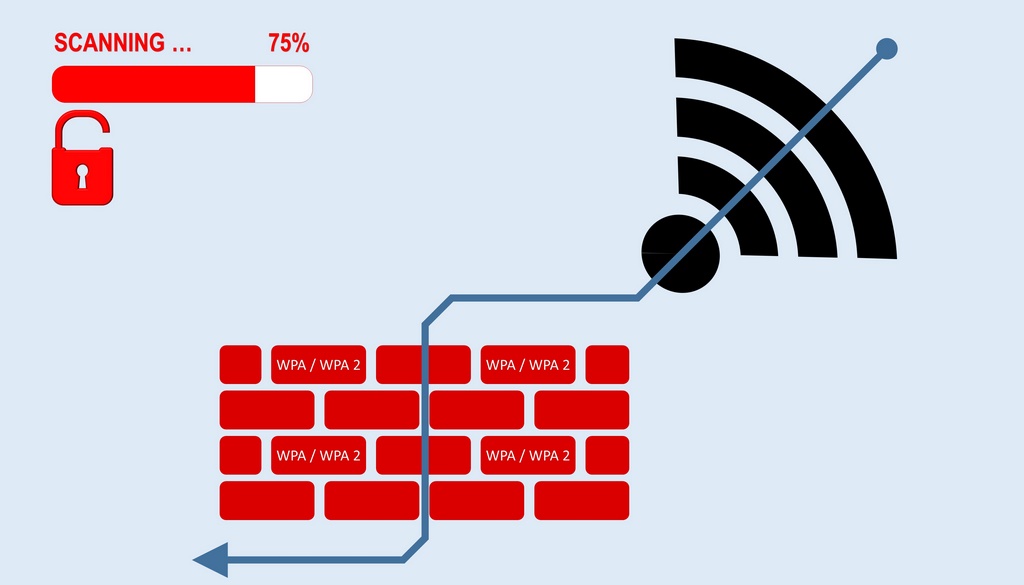
It would seem that of all the social media platforms, Twitter is the one that businesses struggle with most in understanding just how to harness it for effective promotional means. The common assumption is any shortcomings are related to your use of the ever-ubiquitous #hashtag, but in fact they’re not nearly as pivotal as you might think. Here at 4GoodHosting, we’ve done well in establishing ourselves as a premier digital marketing agency in Canada and a part of that is sharing insights on how to get more out of your online marketing efforts. Social media is of course a big part of that, and as such we think more than a few of you will welcome tips on how to ‘up’ your Twitter game. It’s easy to forget that these social media platforms have algorithms working behind them, and working quite extensively. What’s going on behind the screen controls and narrows down what you actually see on your timeline. For example, let’s say you have specific political affiliations. The algorithms ensure that the majority of the tweets you’ll see will be linked to that party’s views. Or perhaps you’re especially into sports. If so, plenty of sports news sources will be all over your timeline. Oppositely, if you dislike something then that theme will slowly end up disappearing over the course of the week or beyond. All of this is a reflection of ALL social media platforms, Twitter included, are using more and more complex algorithms to satisfy their user base and deliver content they are likely to find favourable. So this is what do you’ll need to know about Twitter’s algorithms, and the best ways to use them to your advantage. Keep Your Eyes Peeled For These There’s no disputing the fact that Twitter has faded quite considerably in popularity and the strength of its reach. Despite this, Twitter is really narrowing its scope of engagement and a key way to increase engagement is through increasing relevance of the posts seen. Directly from Twitter’s engineering blog, here are a few of the factors that decide whether a Tweet is sufficiently engaging and thus worthy of ‘appearances’ The level of...








